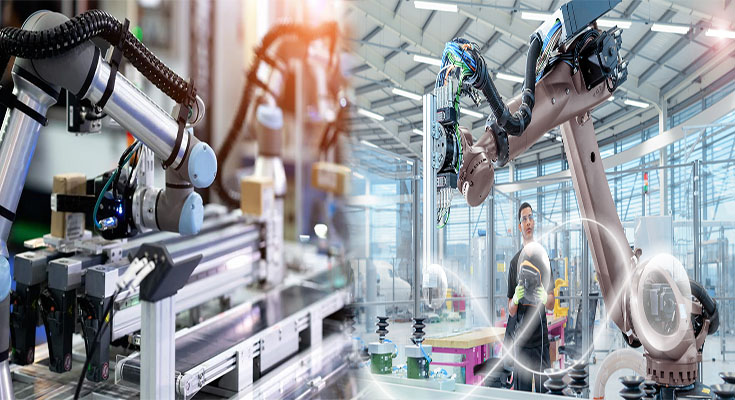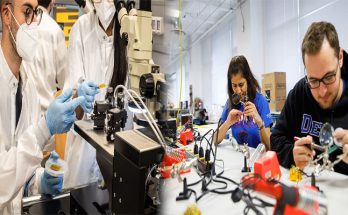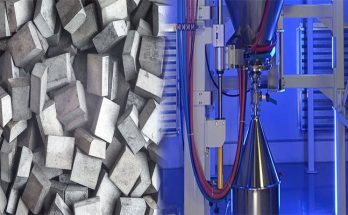Smart factory solutions are becoming an important part of manufacturing operations. In order to increase productivity, smart factory solutions must be able to handle the complexities that arise in a manufacturing operation. This is where Machine Learning comes in. This technology allows machines to learn from data and make the best possible tweaks based on past data.
Robotics
Robotics has many advantages over human workers. Not only can robots do jobs that humans are not good at, but they are also inexpensive and can be programmed easily. They can also perform many tasks, even those that are too complex or dangerous for human workers. They can also help employees focus on more meaningful tasks. For example, a robot could teach workers about the maintenance of machinery or provide advanced training. Such benefits would encourage staff retention. Robotics are available for many different applications, and industries can determine the best solution for their unique requirements.
IIoT
The IIoT has many applications in the manufacturing sector, from monitoring plant health to providing predictive maintenance alerts. By integrating sensors in automated production systems, the IIoT allows manufacturers to identify system problems early and take action to prevent future damages. For example, smart devices that monitor humidity and temperature can help prevent equipment failures. They can also enable remote monitoring and tracking. By integrating IIoT into manufacturing processes, manufacturers can improve ROI and productivity.
Machine learning
Machine learning is one of the core technologies to enable smart factories. It can improve factory operations by identifying anomalies and identifying root causes of operational problems. The data is organized in a centralized dashboard and can be used to perform proactive analysis. While this kind of analysis is time-consuming, it can be highly accurate and can notify relevant people at the right time.
Virtual inventories
Increasing e-commerce is driving a growing demand for smart factory solutions. These solutions integrate data from manufacturing processes to create a Digital Twin of operations. This allows for proactive planning and predictive diagnostics, which improves organizational competitiveness.
On-demand manufacturing
Smart factory solutions are a combination of technology and artificial intelligence, which can improve the efficiency of a manufacturing process. Almost 90 percent of manufacturing processes are not machine related, but can still negatively affect production. Through technology, plant workers can gain visibility of the most critical issues and take action to mitigate their impact. This can lead to better operational efficiency and lower costs.
Cost savings
Smart factory solutions use artificial intelligence, data analytics, and automation to maximize efficiency. They help reduce downtime and optimize the use of resources, all while lowering overall costs. They also improve productivity by implementing
real-time analytics, reducing the need for reactive maintenance and boosting overall yield.





